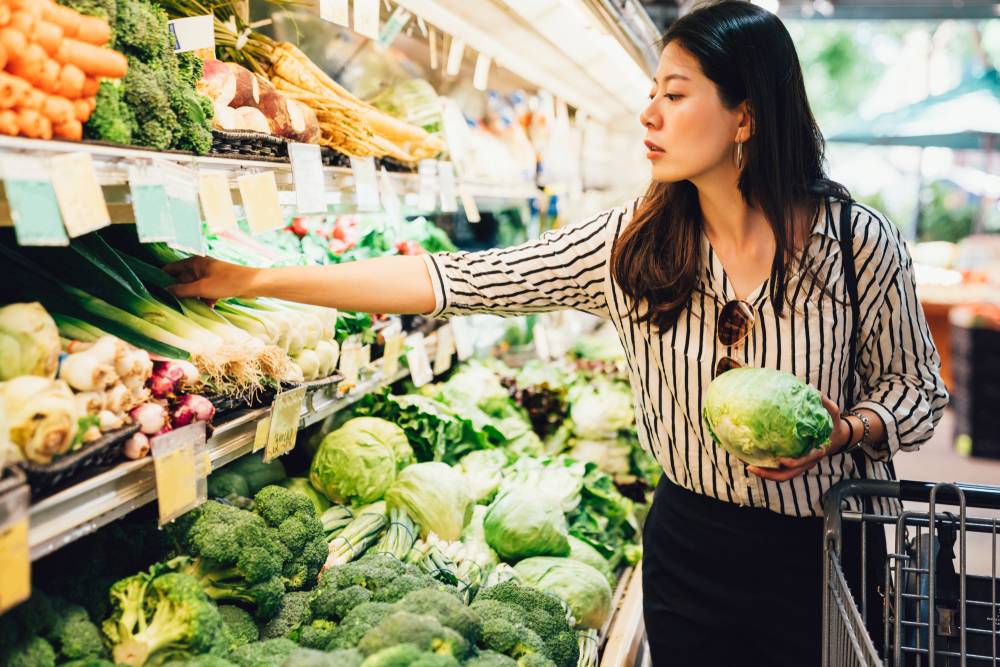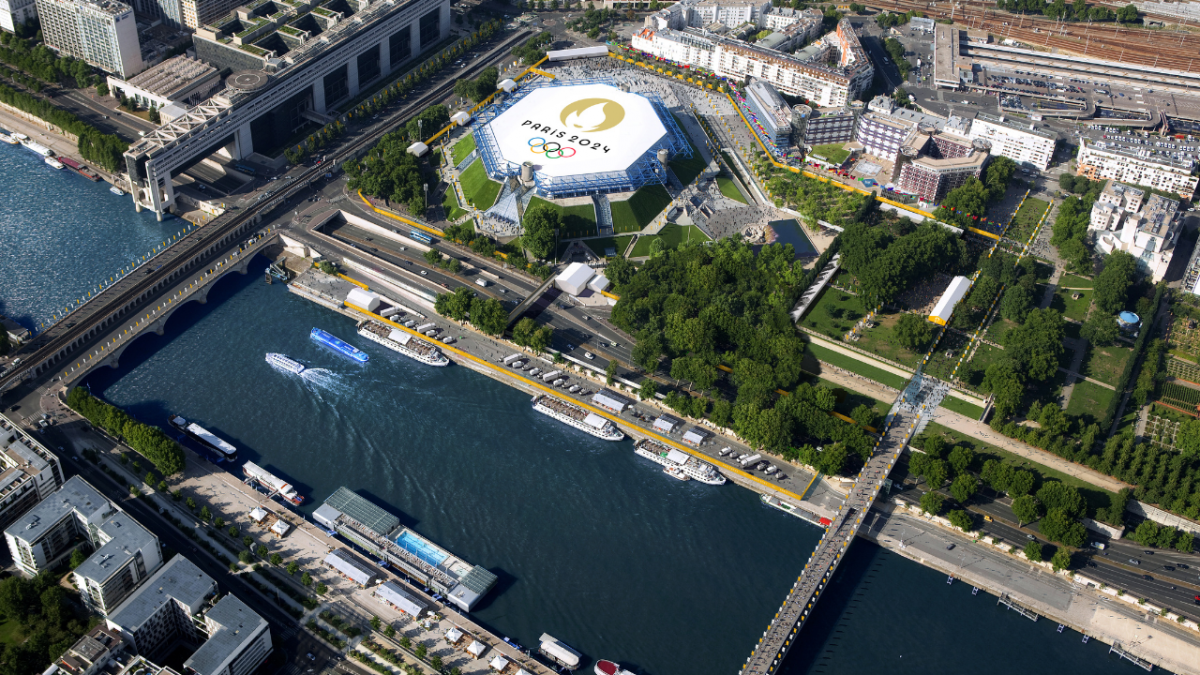


Photo credit: Shutterstock
Chinese hypermarket operator Sun Art Retail aims to hit carbon neutrality by 2030, according to the group’s ESG report for its fiscal year 2023.
The company achieved a carbon reduction of more than 235,000 tonnes between April 1, 2022, and March 31, 2023, as it rolled out energy-conserving best practices and reduced waste throughout its supply chain.
Sun Art, the operator of over 500 digitally-enhanced grocery stores, saved another 50,000 tonnes by buying around 84 million kilowatt hours of green power and nuclear power.
“Sun Art Retail is devoted to becoming a green benchmarking enterprise in the retail industry,” CEO Lin Xiaohai said in a foreword for the 2022/2023 Environmental, Social and Governance Report published last month.
The company, in which Alibaba Group acquired a controlling stake in 2020, is working to become carbon neutral across its operations, as well as the gasoline and diesel consumption of its logistics fleet, by 2030.
As a country, China is working to slash pollution, and the government has rolled out legislation as it looks to reach peak emissions before 2030 and achieve carbon neutrality before 2060.
For its part, Alibaba has pledged to reach carbon neutrality by 2030 as well and is on track to cut 1.5 gigatons of carbon emissions throughout its ecosystem by 2035.
Food plays a big role in sustainable development for many Chinese consumers, 97% of whom said they believed environmental concerns are important to consider when buying grocery products in a survey by research group Daxue Consulting last year.
Sun Art was named the most advanced food and daily necessities retailing company in China in terms of sustainability initiatives by global rating agency S&P Global.
“In the past fiscal year, Sun Art Retail continued to practice the concept of sustainable development and steadily improved the level of corporate performance from the three aspects of environment, society and governance,” Sun Art’s CEO said in a statement following the publication of the ESG report.
The company operates 486 hypermarkets, 12 larger RT-Super stores and 84 community-level RT-Mini locations across 212 cities in China as of March 31, 2023.
Waste Not, Want Not
Sun Art is working to reduce waste by optimizing garbage sorting, better regulating water use and cutting kitchen waste.
Globally, agrifood systems – from rearing livestock to land clearing to food manufacturing – account for a third of greenhouse gas emissions, according to a 2021 report by the Food and Agriculture Organization (FAO) of the United Nations. And unfortunately, roughly the same proportion of food winds up in the garbage bin every year, per FAO estimates.
During the 2023 fiscal year, the number of Sun Art stores sorting waste grew to 156 in 35 cities. All its cardboard boxes are recycled, according to the report.
In order to save water, Sun Art has also installed wastewater storage and wastewater circulation systems to purify and reuse as clean water. And for the first time, Sun Art has set a target of reducing 3% of kitchen waste from its stores in its 2024 fiscal year.
Powering Change
Sun Art stores are being powered with more energy from sustainable sources like the sun, cutting back the company’s reliance on fossil fuels.
By the end of March, induction lamps had been installed in the stairwells of 70% of Sun Art Retail stores. This will cut electricity consumption by approximately 2 million kWh throughout the upcoming fiscal year, according to the company.
Sun Art stores ‘ consumption of renewable energy from solar power increased 17.6% year-on-year during the 2023 fiscal year, according to the ESG report, from just over 11,000 mWh to over 13,000 mWh.
During the reporting period, 22 stores also installed solar panels on their roofs. Altogether, these will be capable of generating more than 13,000 mWh each year.
“We have laid a solid foundation for enhancing our climate resilience by further identifying the risks and opportunities of climate change, proposing countermeasures, and performing impact assessments,” said Sun Art CEO Lin in the report.





